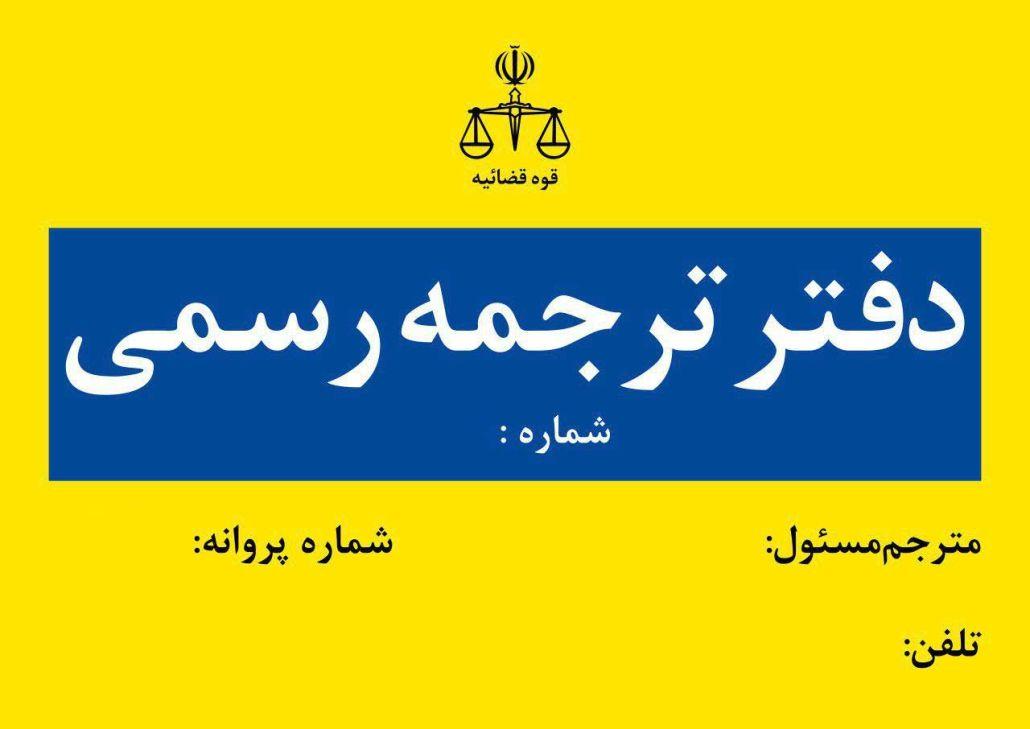The Impact of Digital Media
페이지 정보

본문
Social media platforms such as Instagram have made it easier for translation services to reach a wider market, with more people relying on these platforms for their daily needs. The increasing demand for translation services has led to a surge in the number of translation agencies and freelance translators who cater to the needs of individuals and businesses alike. These agencies and translators now have the opportunity to tap into a global market, providing their services to clients from all over the world.

One of the significant impacts of social media on translation services is the rise of remote working. With the help of tools such as Google Docs, translators and clients can now work together seamlessly, regardless of their geographical location. This has led to increased efficiency in the translation process, allowing translators to deliver high-quality translations in a timely fashion.
Another impact of social media on translation services is the emergence of computational linguistics tools. These tools, such as Microsoft Translator, have made it possible for ترجمه رسمی در غرب تهران users to translate text in real-time, using artificial intelligence to generate translations. While translation software have made it easier for users to communicate across languages, they also pose a difficulty to human translators, who need to adapt to the changing landscape of translation and compete with machines.
However, human translators have a significant advantage over translation software, particularly when it comes to nuances. While translation software can translate words and phrases accurately, they often struggle to convey the subtext of language and cultural differences that are essential to effective communication. As a result, translation services that rely on human translators continue to thrive, even in the face of competition from MT tools.
In summary, the impact of social media on translation services has been significant, transforming the way translators work, the tools they use, and the services they offer. While MT tools have made it easier for users to communicate across languages, human translators remain essential to delivering high-quality translations that convey the cultural context of language and culture. As the world becomes increasingly interconnected, the demand for translation services will only continue to grow, and social media will play a critical role in facilitating this demand.
In addition to these points, social media has also led to a change in the way translation services are marketed and promoted. Traditional marketing methods have given way to online marketing strategies, with translation agencies and freelance translators leveraging social media platforms to reach potential clients. This has made it easier for translation services to promote their portfolio and establish relationships with clients.
Furthermore, social media has enabled translation services to be more proactive and attentive to client needs. With the help of social media platforms, translation agencies and freelance translators can now engage with clients directly, respond to queries and concerns, and provide updates on project progress. This has led to increased client satisfaction, as clients feel more connected to the translation services they use.
In the end, the impact of social media on translation services will only continue to evolve, as new innovations emerge. However, it is clear that social media has already had a significant impact on the translation industry, shaping the way translators work, the tools they use, and the services they offer. As the global demand for translation services continues to grow, it will be interesting to see how social media shapes the industry in the years to come.
- 이전글구글찌라시 텔@adtopking [애드바다] 25.07.16
- 다음글부천노래방예약 O1O-2490-2364 신중동역노래방 상동역노래방 부천노래방 부천퍼블릭 부천가라오케 25.07.16
댓글목록
등록된 댓글이 없습니다.

